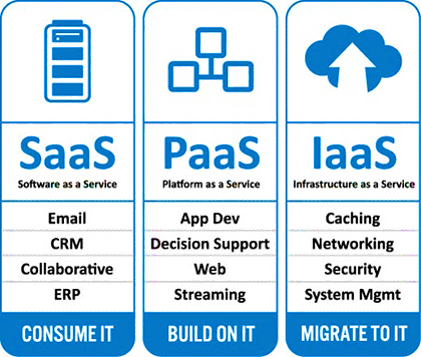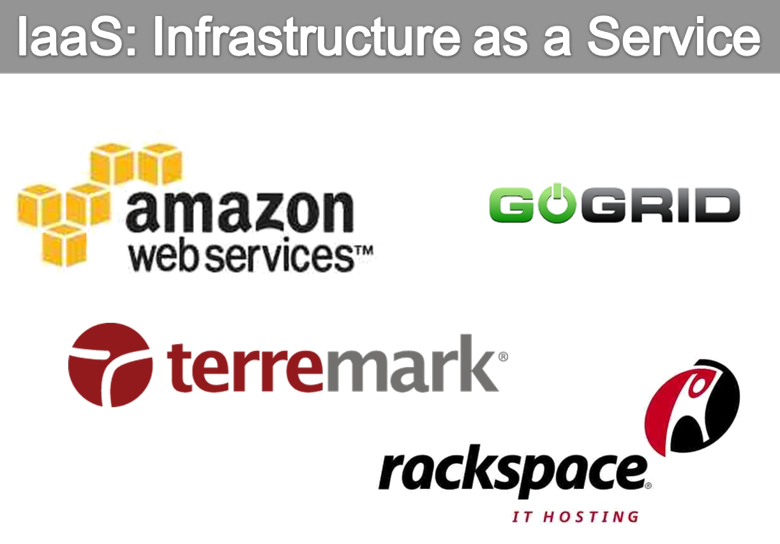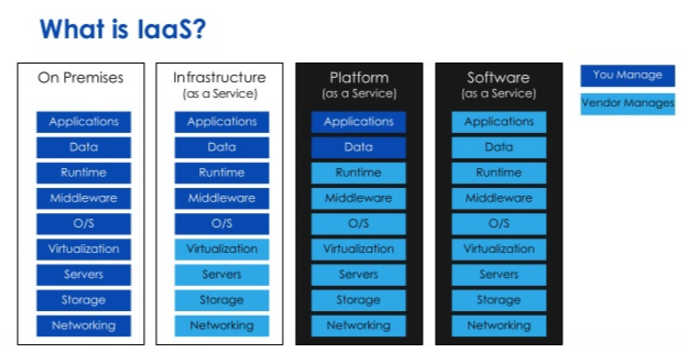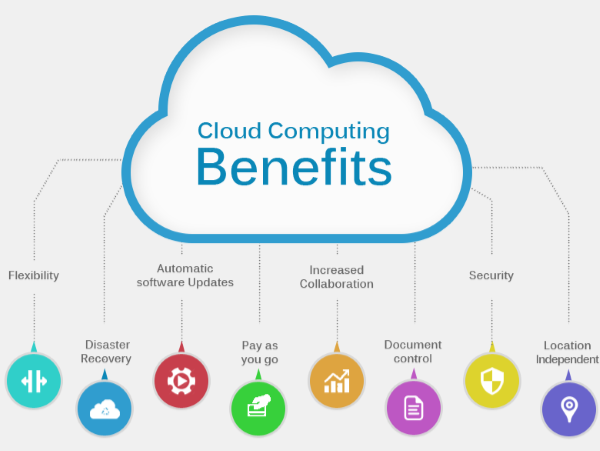Cloud Infrastructure as a Service(IAAS)
What is cloud computing
- Cloud computing means storing and accessing data and programs over the Internet instead of our computer's hard drive.
- In cloud computing, everything considers as a service.
- There are three types of services available in cloud computing they are,
- Infrastructure as a Service (IaaS)
- Platform as a Service (PaaS)
- Software as a Service (SaaS)
What is Cloud Infrastructure Service

What is Infrastructure as a Service (IaaS) ?
- The Infrastructure as a Service (IaaS) is one of the fundamental service in cloud computing.
- In an IaaS model, a third-party provider or infrastructure service provider hosts hardware, software, servers, storage and other infrastructure components on behalf of its users.
- IaaS providers also host user’s applications and handle tasks including system maintenance, backup and resiliency planning.
Best cloud infrastructure providers

- The IaaS are self-service models for accessing, monitoring and managing remote datacenter infrastructures, such as compute storage, networking and networking services.
- The main advantage of the IaaS is the user can purchase IaaS based on consumption, similar to electricity or other utility billing.
- Cloud infrastructure goal is to provide a flexible, standard, and virtualized operating environment that can become a foundation for PaaS and SaaS.
- Some of the IaaS examples are Amazon Web Services, Cisco Metapod, Microsoft Azure and Google Compute Engine.

The following are salient examples of how IaaS can be utilized by enterprise cloud services :
Enterprise infrastructure:
- Enterprise Infrastructure is the internal business networks, such as private clouds and virtual local area networks, which utilize combined server and networking resources.
- In enterprise private cloud and virtual local area networks, a business can store their data and run the application they need to operate day-to-day.
- If the enterprise want to expand their businesses, then they can scale their growth as the same times private clouds can protect the storage and transfer of the sensitive data that some businesses are required to handle.
Advantages of Infrastructure as a Service (IaaS) :
No Capital Investments :
- Using the service provider’s servers, storage and networking hardware is located in their secure off-site data center, there is no need to make capital investments in a computing infrastructure, maintenance or office space to store the equipment.
- Most IaaS solutions are offered using a "pay-as-you-go" subscription based plan that allows users to only pay for what they need at that time.
Scalability:
- The resource is always available so when the client needs it there are no delays in expanding capacity or the wastage of unused capacity.
Advantages of Infrastructure as a Service (IaaS) :
Location independence
- The service can usually be accessed from any location as long as there is an internet connection and the security protocol of the cloud allows location independence.
Physical security of data center locations
- The service available through a public cloud, or private clouds hosted externally with the cloud provider.
- Benefit from the physical security afforded to the servers which are hosted within a data center.

No single point of failure
- If one server or network were to fail, the broader service would be unaffected due to the remaining multiple of hardware resources.
- If one entire data center were to go offline, never mind one server, the IaaS service could run successfully.
Disadvantages of Infrastructure as a Service (IaaS) :
- Most expensive, since the customer is now leasing a tangible resource, the provider can charge for every Cycle, bit of RAM or disk space is used.
- Customer is responsible for backups.
- Unlike with SaaS or PaaS, customer is responsible for all aspects of VM Management.
